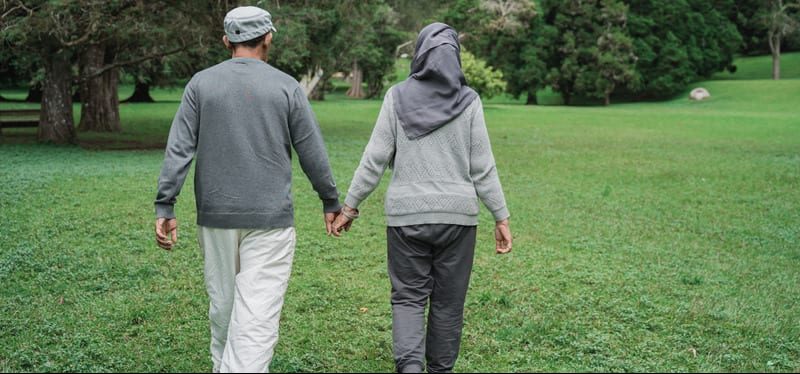
“The life you change first is your own”
When grandchildren come to live in your home, the rules change. Roles change. Responsibilities change. Along with these changes comes the need to redefine relationships, who does what, whose word counts. Sorting out these changes can feel overwhelming, especially when other peoples’ needs are urgent. Yet you are not permitted to be overwhelmed. You are the one the family is turning to in this crisis. You are supposed to fix things, or at least hold things together. Hey, Grandma, what’s your problem?
Sarri Gilman, a therapist, puts it this way:
Without the right tools, we are stuck with responses that don’t fit what we are dealing with. In moments like this, you may think the crazy difficult person you are dealing with is the problem. That is part of the problem, but not really the whole thing. You are having a hard time because you don’t have a working set of boundaries for a tough situation.
What is a boundary?
A boundary is a Yes or No you set and keep no matter what other people or circumstances ask of you. Boundaries are usually between people. Boundaries protect you. When someone says, “I have good boundaries”, it means she is not feeling distraught over someone else, exhausted inside, or in some other way out of sorts. A common sign of boundary issues: feeling exhausted and depleted by someone. Boundaries have only one job: to take care of you.
Why are boundaries hard to set?
First, setting boundaries may feel like a selfish focus on your own needs, and many people feel that they are not worthy of having their needs met. Secondly, setting boundaries will make other people angry. You probably know that already and naturally want to avoid conflict. Finally, setting boundaries is never done and over with. It takes tremendous focus and dedication to improve your boundaries. You have to choose this work. Life coach Nancy Levin says:
When we first begin making different choices–even one different choice–and start taking back control of our lives, it can initially feel like we are losing control. We’re often outside our comfort zone and we seldom have any idea what to expect from the future.
Key Takeaway: Daring to set boundaries is about having the courage to love ourselves, even when we risk disappointing others.
First Steps to Setting Boundaries
We asked experts where to start.
1. Increase your selfcare.
So what is selfcare? Sleeping, exercise, eating are foundational, but selfcare should also be fun. What brings you happiness? Relaxation? For example, is it spending more time with friends in real life. Or it is time alone? What is it that nutures you? Time in nature? Time with a pet? How much time are you doing this? Can you increase this? Find what you hunger for, what do you really want to do, what would be fun, then do more of it! (And notice how this means setting some boundaries.)
“As you find more joy, other things will start to feel more do-able,” says Sarri.
Setting boundaries is a nice idea. But my life is too hectic.
If I set boundaries, people will get angry and cause a worse mess.
Do you have any suggestions about how I might actually do this?
But people don't listen to me when I set boundaries!
What should I do when someone ignores my No and says it doesn't matter?
“You can’t change their reaction, how they manipulate, the name-calling and talking behind your back. These are ways they try to exile you so that you can’t set a boundary.
“But: you can’t control that. You can’t change their behavior. That is giving yourself way too much to do. You have to listen to your No. And by the way, you should know about toxic behaviors ahead of time. You probably know. You can take away some of their power by taking care of you. Does your soul know that your soul/spirit will take care of you in whatever way it needs to?” –Sarri Gilman
Will this work ever be done?
“So when you find yourself unsure about your role, uncertain about what you should do, how to help, or see yourself being drained by a situation, return to your boundary work
“I’ve never met anyone who had mastery over extreme boundary challenges at all times.” –Nancy Levin
2. Add to your resources.
It is not just you. You are not the only one struggling with this. Most of us struggle to have a healthy relationship with ourselves and our own Yes and No. Furthermore, we are not all experts in everything. So as you start this work, find people who have expertise. Reach out to people in similar circumstances.
3. Focus on choosing what you can and will be responsible for.
Only you can decide where you want to go.
You have to decide what you will be responsible for and then you have to let go of the other things. You can’t do it all. It may be scary to say, “No.” But you can only do what you can do. Be careful and protective. You can’t do problem solving all the time.
